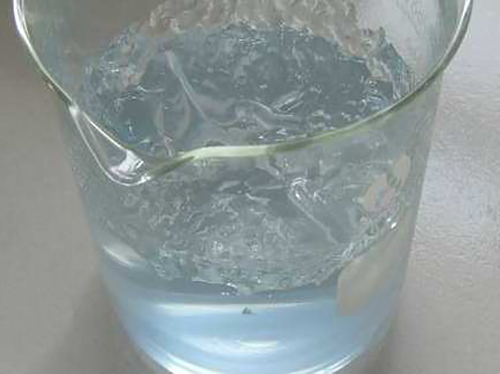flocculation chemicals
Flocculation Chemicals Key Players in Water Treatment
Flocculation is a crucial process in water treatment that involves the aggregation of suspended particles into larger clusters, known as flocs, which can then be removed from the water supply. This process is vital for maintaining clean and safe water, especially as water pollution continues to be a pressing global concern. The chemicals used in flocculation play a significant role in enhancing the efficiency of water treatment processes. This article explores the types of flocculation chemicals, their mechanisms, applications, and the importance of flocculation in various industries.
Understanding Flocculation
Flocculation occurs when fine particles in a suspension clump together to form larger aggregates. This process typically follows coagulation, which involves the addition of chemicals that destabilize the particles’ charges, allowing them to bind. While coagulation can happen quickly, flocculation is a more gradual process that can take anywhere from a few minutes to several hours, depending on the conditions and the chemicals used.
Types of Flocculation Chemicals
1. Coagulants These are the primary chemicals used at the beginning of the flocculation process. Common coagulants include aluminum sulfate (alum), ferric sulfate, and polyaluminum chloride. They work by neutralizing the electric charges on suspended particles, facilitating their aggregation.
2. Flocculants After coagulation, flocculants are introduced to aid in the formation of flocs. These are often long-chain compounds, such as polyacrylamides, which bridge the space between particles and encourage larger floc formation. Flocculants can be classified into two categories anionic and cationic, based on their electrical charge.
3. pH Adjusters Sometimes, the pH of the water needs adjustment for effective flocculation. Common acids or bases are used to achieve the desired pH level, as certain coagulants and flocculants operate optimally within specific pH ranges.
4. Settling Aids After flocculation, settling aids may be introduced to enhance the sedimentation rate of the flocs. These can include compounds that increase the density of the flocs or modify water chemistry to facilitate quicker settling.
Mechanisms of Flocculation
flocculation chemicals

The effectiveness of flocculation chemicals relies on several mechanisms. Firstly, charge neutralization is a key component, where coagulants neutralize the negative charges on colloidal particles. Next, the bridging effect occurs when flocculants attach to multiple particles at once, creating a network of connections that form larger, more easily removable flocs. Additionally, hydrophobic attraction plays a role, where particles that are more hydrophobic tend to aggregate more readily.
Applications of Flocculation Chemicals
Flocculation chemicals are extensively used in various industries beyond municipal water treatment.
- Wastewater Treatment Industries such as food processing, textiles, and mining generate wastewater laden with suspended solids. Flocculation is employed to treat this wastewater, ensuring compliance with environmental regulations.
- Drinking Water Purification Municipalities utilize flocculation chemicals to ensure clean drinking water, removing contaminants such as pathogens, organic matter, and heavy metals.
- Paper Manufacturing In the paper industry, flocculation aids in the removal of fillers and fibers from the process water, enhancing water recycling and decreasing environmental impact.
- Mining Operations The extraction of minerals often involves the use of water, resulting in muddy wastewater. Flocculants help settle the solids, thus improving the clarity of the effluent.
Importance of Flocculation
The significance of flocculation chemicals cannot be understated. They contribute significantly to improving water quality and reducing environmental impact. Proper flocculation not only makes water safer for consumption but also enhances the efficiency of various industrial processes, which is essential for sustainable practices.
In conclusion, flocculation chemicals are indispensable in the quest for cleaner water and sustainable industrial operations. As industries and municipalities continue to seek innovative solutions to treat water effectively, the role of these chemicals will only increase in importance. Understanding their mechanisms and applications is crucial for professionals in water treatment and environmental management fields.
-
Pbtc Scale InhibitorPBTC: A Scale Protector for Industrial Water TreatmentNewsAug.05,2025
-
Organic Phosphonate: An Efficient Defender in the Field of Scale InhibitionNewsAug.05,2025
-
Hydrolyzed Polymaleic Anhydride: Green Pioneer in Scale Inhibition FieldNewsAug.05,2025
-
PAPEMP Polyamino Polyether Methylene Phosphonic Acid For SaleNewsAug.05,2025
-
Flocculant Water Treatment: A Pioneer in Purification in the Field of Water TreatmentNewsAug.05,2025
-
Benzyl Isothiazolinone: An Efficient and Broad-Spectrum Antibacterial Protective GuardNewsAug.05,2025





